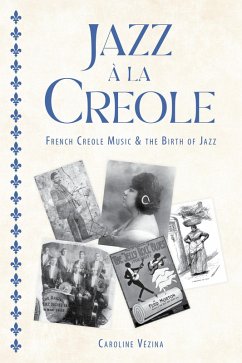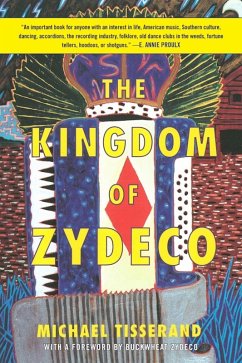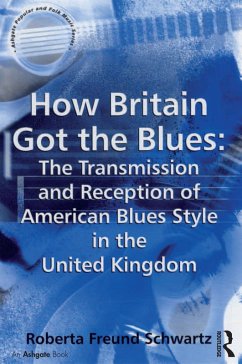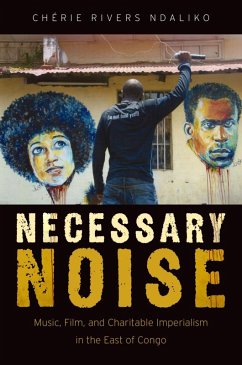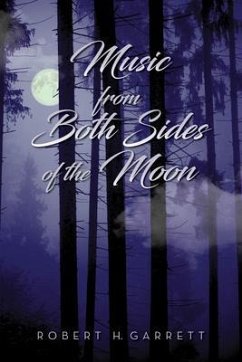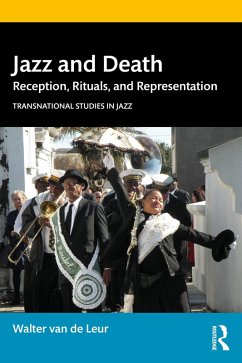
From the Kingdom of Kongo to Congo Square (eBook, ePUB)
Kongo Dances and the Origins of the Mardi Gras Indians

PAYBACK Punkte
4 °P sammeln!
From the Kingdom of Kongo to Congo Square: Kongo Dances and the Origins of the Mardi Gras Indians presents a provocatively new interpretation of one of New Orleans's most enigmatic traditions-the Mardi Gras Indians. By interpreting the tradition in an Atlantic context, Dewulf traces the "black Indians" back to the ancient Kingdom of Kongo and its war dance known as sangamento. Enslaved Kongolese brought the rhythm, dancing moves, and feathered headwear of sangamentos to the Americas in performances that came to be known as "Kongo dances."By comparing Kongo dances on the African island of São ...
From the Kingdom of Kongo to Congo Square: Kongo Dances and the Origins of the Mardi Gras Indians presents a provocatively new interpretation of one of New Orleans's most enigmatic traditions-the Mardi Gras Indians. By interpreting the tradition in an Atlantic context, Dewulf traces the "black Indians" back to the ancient Kingdom of Kongo and its war dance known as sangamento. Enslaved Kongolese brought the rhythm, dancing moves, and feathered headwear of sangamentos to the Americas in performances that came to be known as "Kongo dances."
By comparing Kongo dances on the African island of São Tomé with those in Latin America, the Caribbean, and Louisiana, Dewulf demonstrates that the dances in New Orleans's Congo Square were part of a much broader Kongolese performance tradition. He links that to Afro-Catholic mutual-aid societies that honored their elected community leaders or "kings" with Kongo dances. While the public rituals of these brotherhoods originally thrived in the context of Catholic procession culture around Epiphany and Corpus Christi, they transitioned to carnival as a result of growing orthodoxy within the Church. Dewulf's groundbreaking research suggests a much greater impact of Kongolese traditions and of popular Catholicism on the development of African American cultural heritage and identity. His conclusions force us to radically rethink the traditional narrative on the Mardi Gras Indians, the kings of Zulu, and the origins of black participation in Mardi Gras celebrations.
By comparing Kongo dances on the African island of São Tomé with those in Latin America, the Caribbean, and Louisiana, Dewulf demonstrates that the dances in New Orleans's Congo Square were part of a much broader Kongolese performance tradition. He links that to Afro-Catholic mutual-aid societies that honored their elected community leaders or "kings" with Kongo dances. While the public rituals of these brotherhoods originally thrived in the context of Catholic procession culture around Epiphany and Corpus Christi, they transitioned to carnival as a result of growing orthodoxy within the Church. Dewulf's groundbreaking research suggests a much greater impact of Kongolese traditions and of popular Catholicism on the development of African American cultural heritage and identity. His conclusions force us to radically rethink the traditional narrative on the Mardi Gras Indians, the kings of Zulu, and the origins of black participation in Mardi Gras celebrations.
Dieser Download kann aus rechtlichen Gründen nur mit Rechnungsadresse in A, D ausgeliefert werden.




